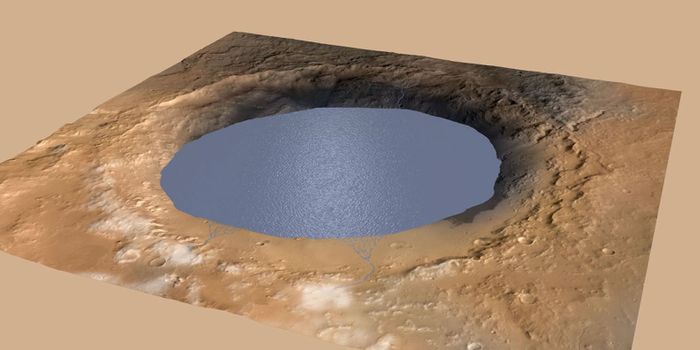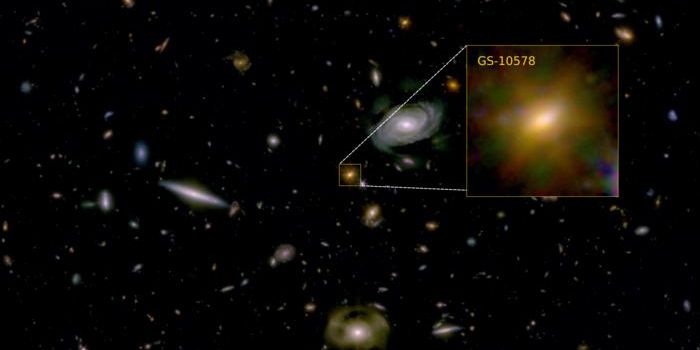Should we pump iron into the oceans?
Iron is one of the limiting factors for biological production in oceans around the world. Phytoplankton depend on iron for their nutrients and growth, but iron is often in high demand because it is quickly scavenged or precipitated under aerobic conditions. Because of phytoplankton’s carbon sequestering capabilities, some scientists have proposed “fertilizing the oceans” with iron under the assumption that more available iron will allow for faster phytoplankton growth and subsequent carbon sequestration. But new research from MIT suggests that this plan wouldn’t actually check out.
The researchers from MIT, who published their findings recently in Proceedings of the National Academy of Sciences, looked at the interactions between phytoplankton and iron, among other nutrients in the ocean that help phytoplankton grow. Based on their simulations, they found that adding more iron wouldn’t actually be of benefit.
"According to our framework, iron fertilization cannot have a significant overall effect on the amount of carbon in the ocean because the total amount of iron that microbes need is already just right,'' says lead author Jonathan Lauderdale, a research scientist in MIT's Department of Earth, Atmospheric and Planetary Sciences.
That means that if we were to try to pump iron into the oceans in an attempt to fertilize carbon-capturing phytoplankton, we’d likely see an overall response opposite of that intended. That’s because while iron-depleted waters like the Southern Ocean would see an increase of macronutrients by phytoplankton as a result of iron fertilization, the consequence would be a depletion of macronutrients for phytoplankton in other regions, like the North Atlantic. “The net result would be an eventual decrease in phytoplankton in the North Atlantic and no significant increase in carbon dioxide draw-down globally,” reports Science Daily.
Lauderdale says that these findings of this study act as a cautionary tale. "We have to consider the whole ocean as this interconnected system. Something like 75% of production north of the Southern Ocean is fueled by nutrients from the Southern Ocean, and the northern oceans are where most fisheries are and where many ecosystem benefits for people occur," Lauderdale says. "Before we dump loads of iron and draw down nutrients in the Southern Ocean, we should consider unintended consequences downstream that potentially make the environmental situation a lot worse."
This research was supported by the National Science Foundation, the Gordon and Betty Moore Foundation, and the Simons Foundation. The paper's co-authors are Rogier Braakman, Gael Forget, Stephanie Dutkiewicz, and Mick Follows at MIT.
Sources: PNAS, Science Daily









